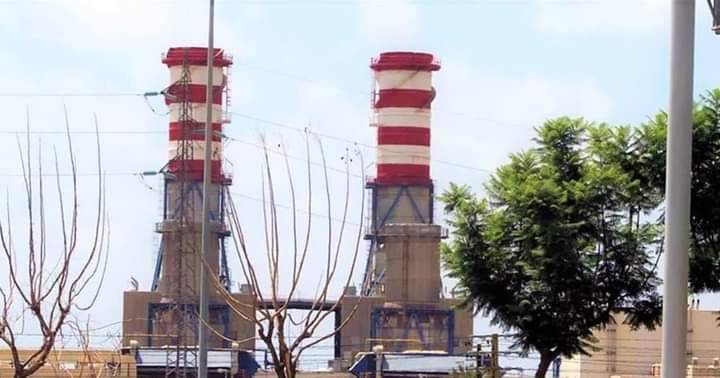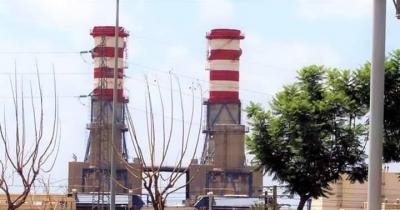The efforts of the Ministry of Energy to circumvent the reform conditions imposed by the World Bank are in vain. There will be no electricity if these demands are not respected, foremost among them the correction of tariffs and the establishment of a regulatory authority. Anything else will be akin to spinning in a vicious circle and trying to outsmart the Lebanese by convincing them that Lebanon has fulfilled its obligations and has passed the ball back to the World Bank.
It seems that Prime Minister Najib Mikati, along with Minister of Energy Walid Fayad, and the Lebanese Electricity Company prior to them, have become convinced that there is no escape from raising the tariff. But when will the decision be made? Will it suffer the same fate as the customs dollar which Finance Minister Youssef Khalil previously approved, only to later retract his approval?
According to the decision issued by the Board of Directors of the Lebanese Electricity Company during its meeting held on August 5, 2022, "the average selling price of electricity is calculated at about 27 cents per kilowatt-hour, to be converted based on the exchange rate on the Sayrafa platform, after obtaining the approval of the Council of Ministers and the Ministry of Energy and Water and the Ministry of Finance. The tariff is to be adjusted every month or two based on the average price on the Sayrafa platform and the actual production cost based on the global oil price (according to the price per barrel of oil, with a correction factor for the prices of fuel oil and gas oil per ton, compared to the price of a barrel of Brent oil if necessary), according to the average of the previous month or two, taking into account later the operating costs for concessions based on the following principles:
- The Lebanese state must pay the entire cost of purchasing Iraqi oil, estimated at about $460 million annually (based on $110 per barrel of oil), equivalent to 11.5 trillion Lebanese pounds calculated on the Sayrafa platform’s exchange rate, and not from the Lebanese Electricity Company’s accounts.
- Bills for electricity consumed by public administrations and institutions should be paid monthly, estimated at about $200 million per year, which equals 5 trillion Lebanese pounds calculated on the Sayrafa platform’s exchange rate.
Thus, if the conditions mentioned above are not adhered to, it is necessary to inform the Council of Ministers and the Ministry of Energy and Water that this will inevitably lead to an additional increase in the electricity selling price, raising it by about 10 cents per kilowatt-hour, calculated based on the exchange rate on the Sayrafa platform in order to secure the financial balance of the company."
According to the internal regulations of the Lebanese Electricity Company, the institution has the authority to make the decision to raise the tariff, which is sanctioned by the Minister of Energy with the approval of the Minister of Finance. However, due to political considerations, the Council of Ministers has intervened several times to adopt tariff increase decisions, including in 1994, when the tariff was set for the Lebanese Electricity Company starting at 138 Lebanese pounds per kilowatt-hour, and in 2017 when it was also raised. For this reason, the board of directors referred its decision to the Prime Minister's office to secure political cover for a decision that will face significant public backlash.
Based on this, the scope of the signatures that will endorse the decision may also be expanded, starting with the Prime Minister, followed by the Minister of Energy, and reaching the Minister of Finance. Therefore, a long meeting was held on Monday evening, lasting more than three hours, to discuss this decision, which is now very much in the spotlight and is expected to be made public within days at most.
Thus, the decision is made, but its implementation is still under discussion, and there are fears it might face delays similar to those of the customs dollar due to concerns about public backlash. Some even suggest that the opponents of the President prefer not to grant him the deliberation of this unpopular reform condition, and they may delay the official resolution of this decision until after October 31 to prevent it from being recorded as an achievement in correcting the tariff. This may explain the Minister of Finance's hesitance to put his signature on the decision before forwarding it to the Minister of Energy and then to the Council of Ministers.
However, there are many obstacles to implementing the decision, the most significant of which is non-technical waste, i.e., network violations and the refusal to pay bills, which would undermine the reform step if the institution’s revenue needs for securing fuel and gas are not met, rendering it pointless, especially if it is not backed on the ground by political forces, security, and judicial agencies. In light of the state’s disintegration and the reluctance of employees to report to their work positions, the decision may remain ink on paper and applied unevenly.




